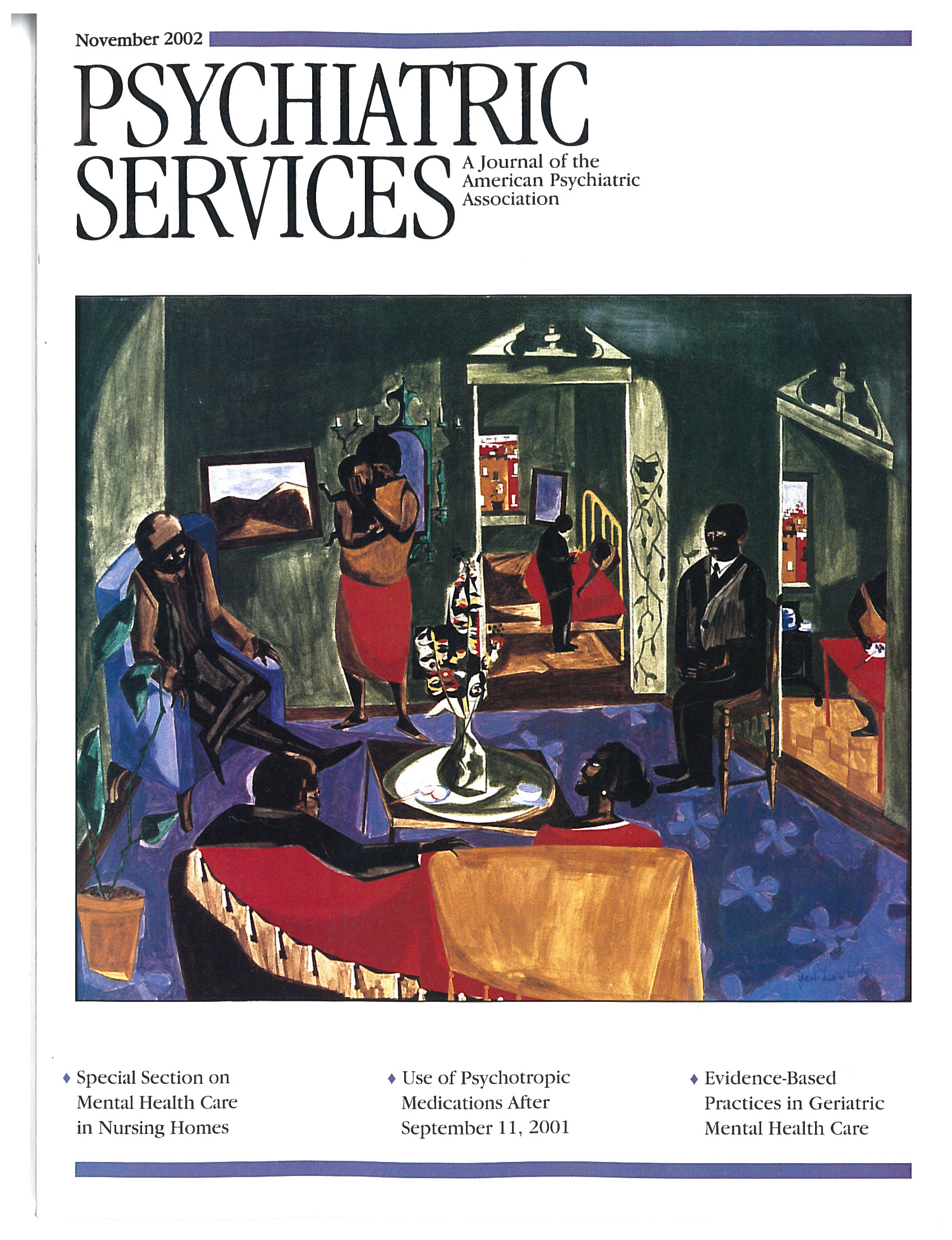Hospitalization of Patients With Cocaine and Amphetamine Use Disorders From a Psychiatric Emergency Service
Abstract
OBJECTIVES: Among the illicit stimulants, cocaine and amphetamines are the most widely abused. Although these drugs have similar psychoactive properties and routes of administration, their duration of action and mechanism of action are different, as are the psychiatric problems that accompany their use. The authors explored whether these differences and results of urine drug testing were associated with differences in use of psychiatric inpatient services. METHODS: The records of 2,357 patients admitted to a large county psychiatric emergency service were examined to determine whether patients admitted for amphetamine-related or cocaine-related disorders differed in rates of transfer to an inpatient psychiatric ward or in length of stay on the ward after transfer. The authors also examined whether positive or negative results of urine drug screens predicted transfer or length of stay. RESULTS: Patients with amphetamine-related disorders were more than a third more likely than patients with cocaine-related disorders to be transferred to the inpatient ward. Patients with negative urine screens were a third more likely than those with positive screens to be transferred and stayed slightly longer on the ward after transfer. Patients with cocaine-related disorders stayed slightly longer on the ward than patients with amphetamine-related disorders. CONCLUSIONS: Patients with amphetamine-related disorders have higher rates of psychiatric hospitalization than patients with cocaine-related disorders. Diagnostic uncertainty and other factors may also influence transfer rates and subsequent length of stay.



